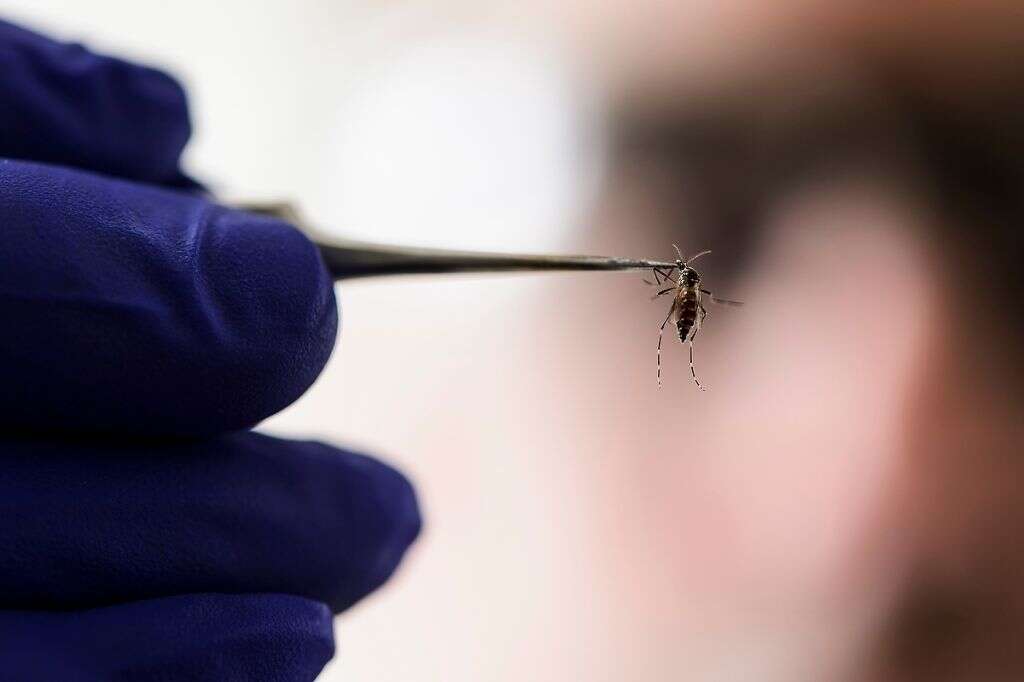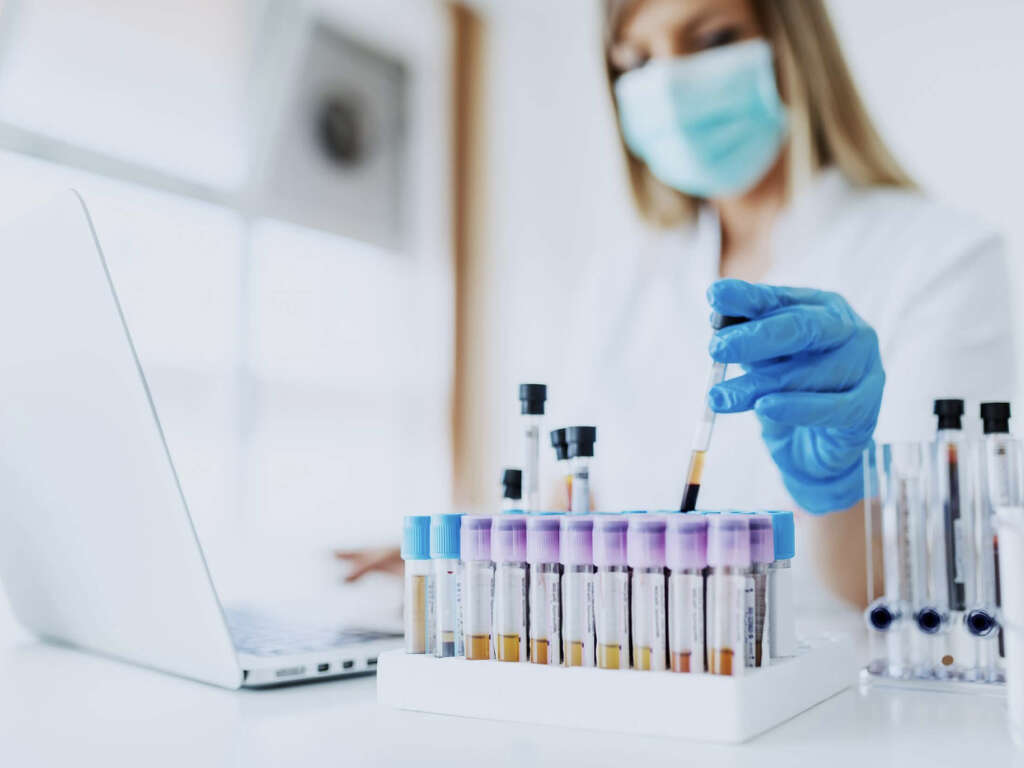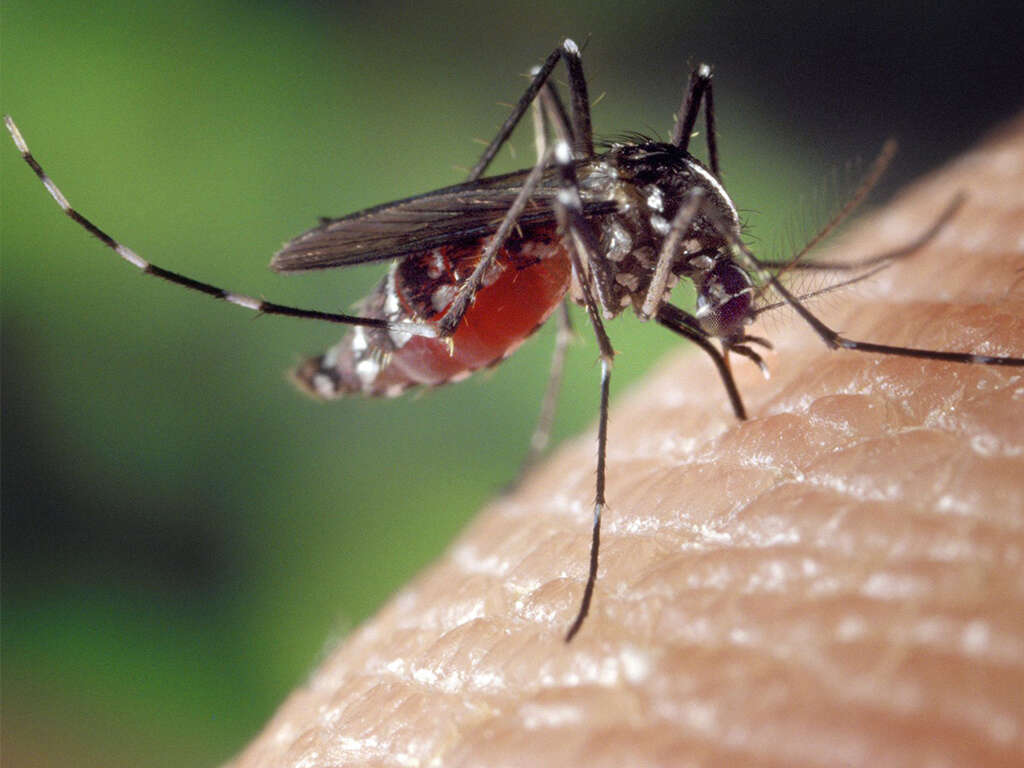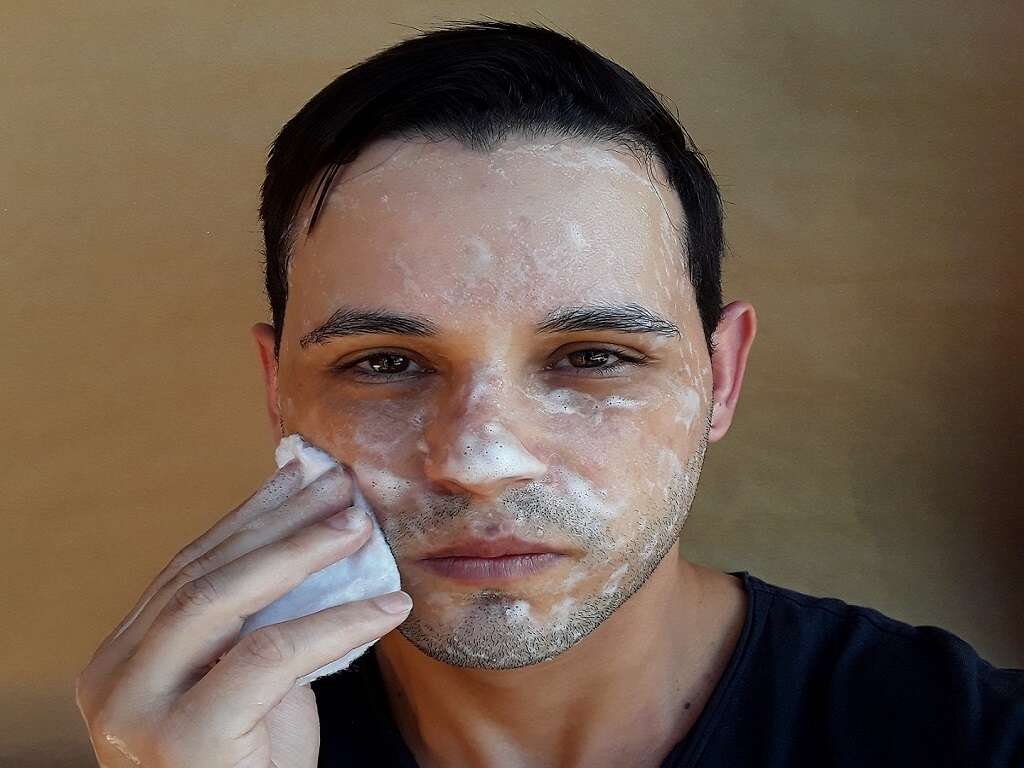What Is the Dengue Virus?
The dengue virus, also known as dengue fever, is a mosquito-borne illness that can lead to flu-like symptoms. In severe cases, it can be fatal. Tropical areas where large populations of mosquitos can be found tend to be the areas with the greatest risk of transmission.
Much of the world’s population is at risk for dengue, and travelers should always be prepared by looking up where current outbreaks are happening. Understanding the virus and how it is spread can help you to take preventative measures when going into high-risk areas.
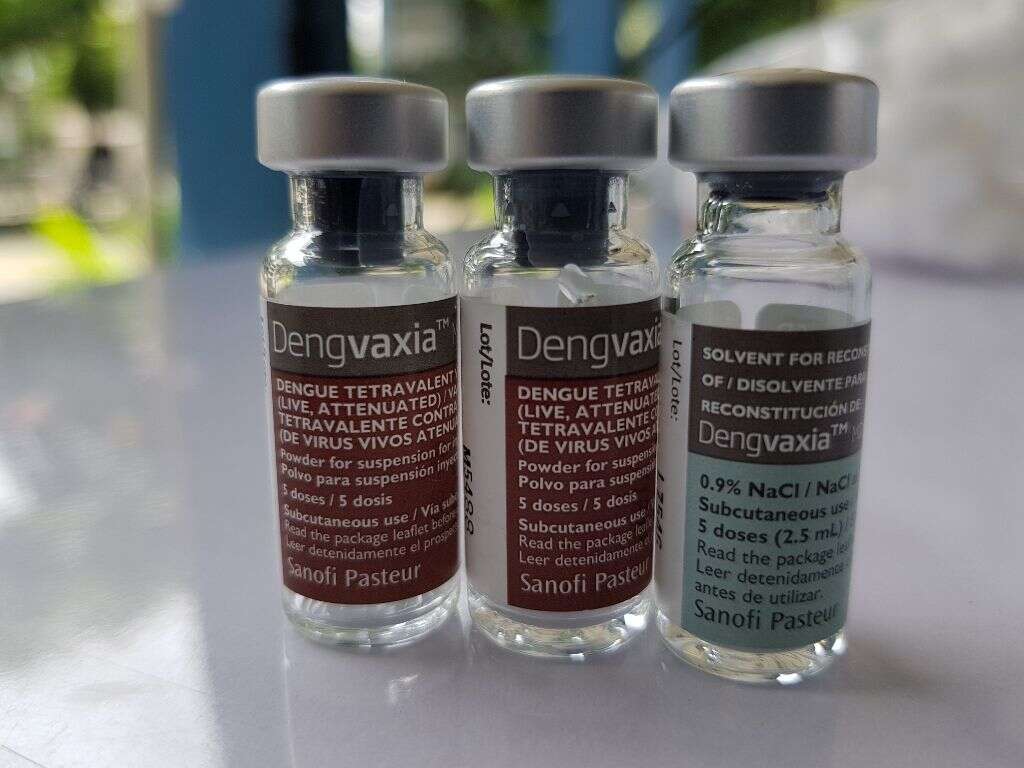
1. What Are the Symptoms of the Dengue Virus?
Many people, especially teenagers and younger, can be infected with the virus and show no symptoms. When symptoms do manifest, however, they tend to resemble a severe case of the flu, including fever, nausea and vomiting, joint and muscle aches and pains, headache and rash.
A severe case of dengue fever, in addition to the above symptoms, can cause restlessness, irritability, fatigue, clammy skin, difficulty breathing, bleeding under the skin, blood in the urine, bleeding from the gums or nose, persistent vomiting and severe pain in the abdominal area. When these symptoms occur, a person may be diagnosed with dengue hemorrhagic fever.
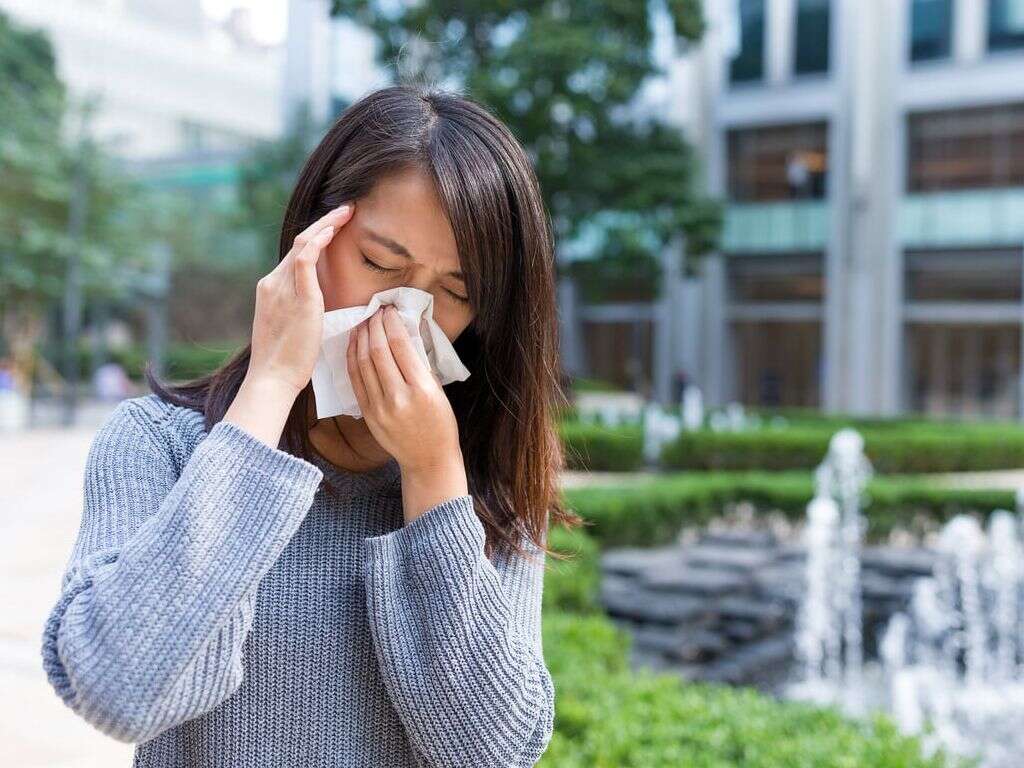
2. How Is the Dengue Virus Diagnosed?
There are a lot of diseases that can share similar symptoms with dengue. Doctors can use different testing methods to determine if someone is actually infected with the dengue virus.
One method, the serological method, tests for antibodies that you produce when your body is fighting the dengue virus. The other test, known as the virological method, can be used within the first few days of infection by isolating the virus. Both tests use a sample of blood.
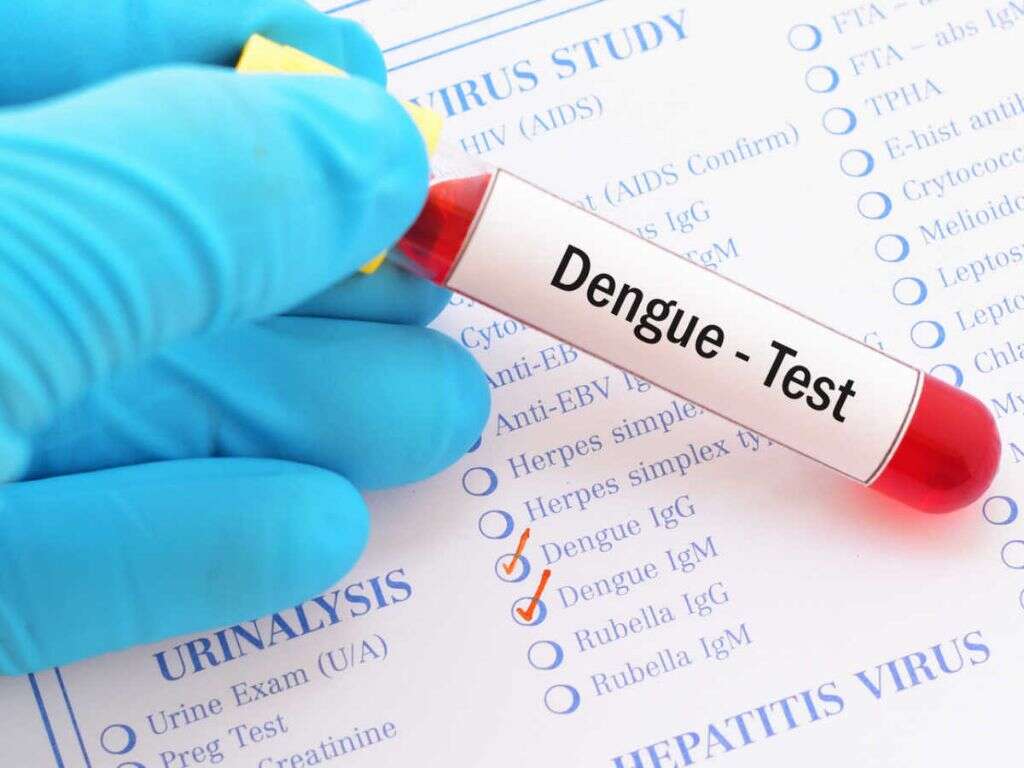
3. What Are the Risk Factors for Severe Dengue?
Severe dengue or dengue hemorrhagic fever occurs when the disease progresses to the point that the body’s blood clotting mechanism begins to break down. This causes thinning of the blood, which can quickly lead to internal bleeding. This results in the severe symptoms described above and is why this form of dengue is called hemorrhagic.
Pregnant women and infants are more likely to get a severe case of dengue. Also, anyone who has been infected with dengue once before is considerably more likely to get a severe case if they are infected again. Overall, about one in 20 people who get dengue end up with the severe form. Those at the highest risk should avoid traveling in areas with current outbreaks.
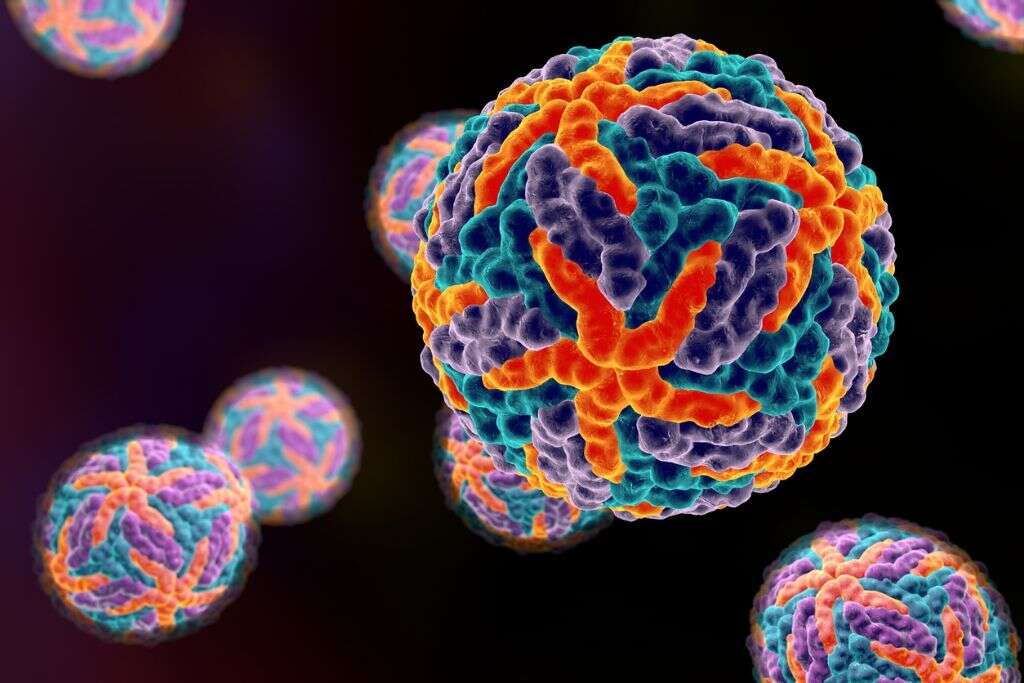
4. Where Is Dengue Most Common?
If you live in a dry climate in an urban environment where mosquitoes are not much of a problem, dengue is likely not something you have to worry about in your daily life. In tropical and sub-tropical areas where it rains a lot, the mosquitoes that transmit dengue can be a real public health hazard.
Dengue outbreaks typically happen after the monsoon season, when mosquito populations explode. While outbreaks can occur wherever the right kind of mosquito lives, they are most commonly seen in Southeast Asia, the Caribbean, Latin America and the Pacific Islands.

5. How Is the Dengue Virus Transmitted?
Dengue transmission happens through the same vector as malaria, even though they are completely different diseases. When an infected person is bitten by a mosquito, it can then carry the infected blood with it and contaminate anyone else it feeds on thereafter. Not all mosquitoes can transmit the virus, though.
Mosquitoes of the species Aedes aegypti or Aedes albopictus are the only ones that are known to transmit dengue. These mosquitoes are larger than their Western cousins and can be distinguished by the white markings all over their bodies. They can feed during the daytime but are most active during the early morning and dusk, when it is cooler.
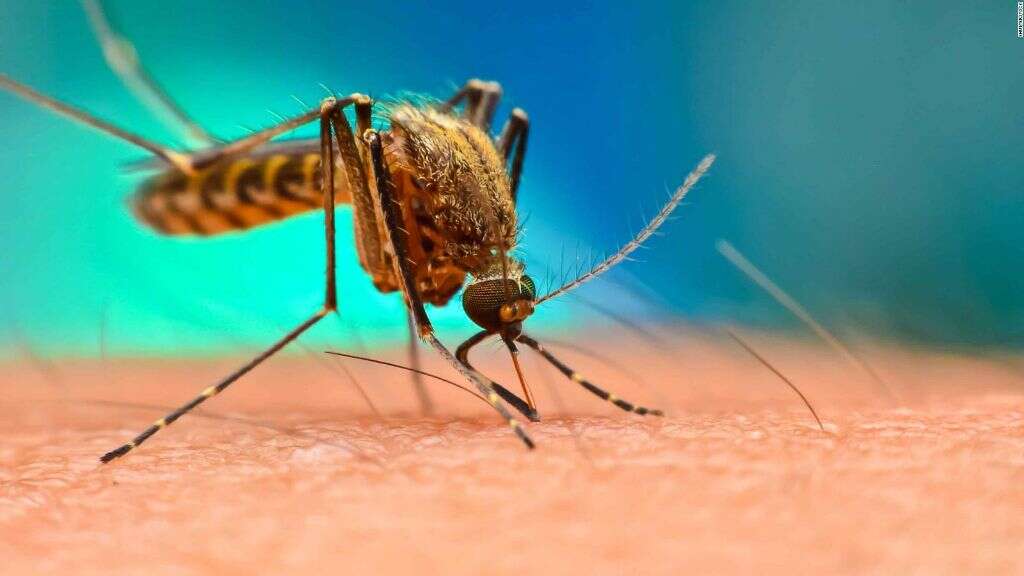
6. Can Dengue Be Prevented?
There is a vaccine for dengue fever, but it is currently only recommended for people who have already been infected once. People who get the vaccine and have not had dengue before have an increased chance of developing severe dengue if they get sick anyway. While the vaccine may reduce the likelihood of getting dengue a second time, it is not 100% effective.
The only completely effective method to avoid getting dengue for the first time is to avoid areas where Aedes mosquitoes are found. If you are going to be in one of these places, you can take measures to avoid mosquito bites.

7. How Can You Prevent Mosquito Bites?
Bug sprays that contain DEET or lemon eucalyptus are effective at deterring mosquitoes when used as directed. To avoid being bitten while sleeping, it is recommended to use a mosquito net that is treated with an insecticide such as permethrin.
If you know you will be passing by an area with lots of mosquitoes, you can also protect yourself by wearing long sleeves and pants. Try to choose a loose-fitting material, as Aedes mosquitoes are large enough to bite you through thinner skin tight materials.

8. How Can Mosquito Populations Be Reduced?
If using containers to collect standing water, make sure to keep them covered. These containers should be emptied and cleaned at least once a week. Mosquitoes breed in standing water, so eliminating puddles and other places where water collects is a good way to control mosquito populations in your area.
Since Aedes mosquitoes primarily feed on humans, they tend to congregate around houses and where people stay. If there are a lot of mosquitoes in your area, look around for hidden pools of standing water where they may be laying their eggs.
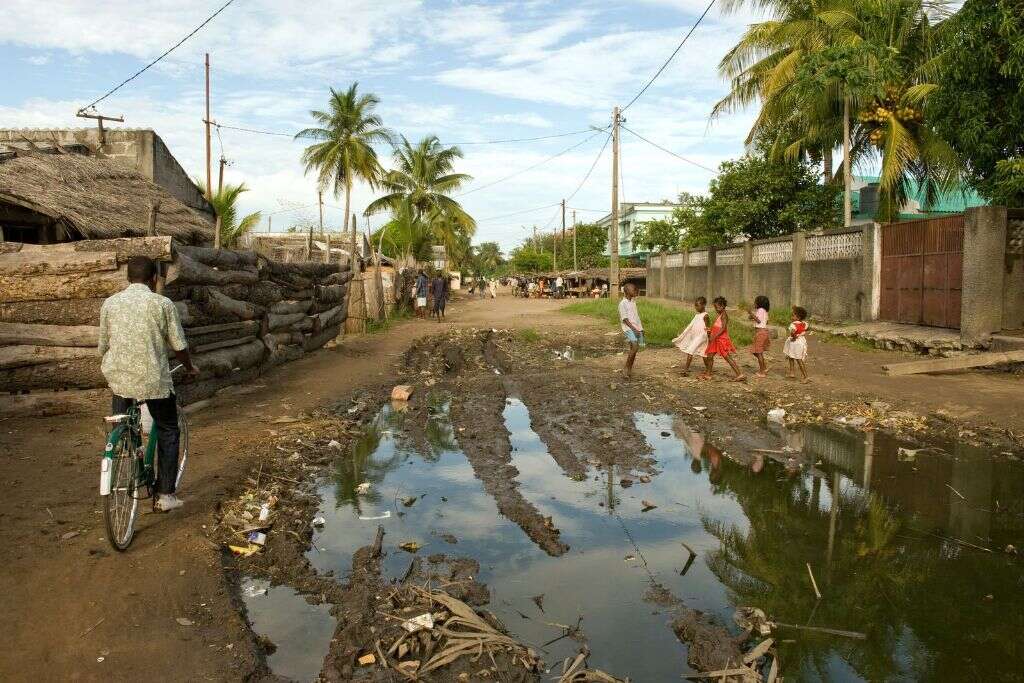
9. How Is Dengue Treated?
No drug or treatment is known to specifically cure dengue virus. Those who are hospitalized due to severe dengue have their body’s fluids monitored and their symptoms managed as they appear.
Doctors recommend that those with mild dengue reduce symptoms with acetaminophen, also known as paracetamol in some countries. NSAIDs such as aspirin and ibuprofen should be avoided, as their blood-thinning effects can potentially trigger a hemorrhage in those infected with dengue.

10. How Big of a Global Issue Is Dengue?
Dengue virus outbreaks have been on the rise all around the world. In 2019 outbreaks were recorded in every area where the dengue virus is found. The WHO records all such incidents and works to formulate effective policies and assist countries that are trying to fight outbreaks.
Some cases of dengue are imported into European countries, while some of the cases in Europe have been found to be autochthonous. Certain places in Europe are now considered to be at risk of a dengue outbreak.
